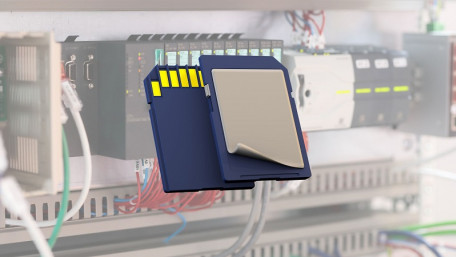
There are a few options when it comes to tracking part data throughout a process or assembly of a machine. Follow along as we explain just a few of the more…
There are a few options when it comes to tracking part data throughout a process or assembly of a machine. Follow along as we explain just a few of the more common methods.
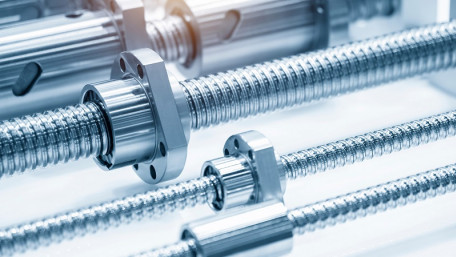
Electrical control holds many advantages over fluid power with precise control, feedback, and a lower-maintenance system.…
Electrical control holds many advantages over fluid power with precise control, feedback, and a lower-maintenance system. But how do electric actuators work, and how do they stack up against fluids?
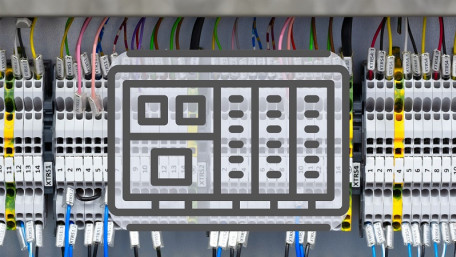
I/O mapping is the process of converting raw input and output data into specific tags, but how can we find a method for…
I/O mapping is the process of converting raw input and output data into specific tags, but how can we find a method for mapping I/O that is both efficient and scalable?
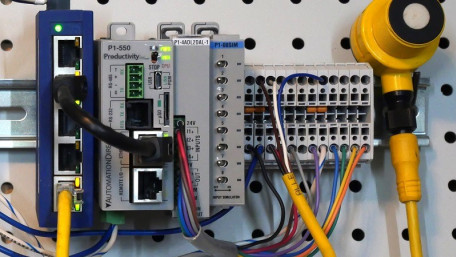
Learn how to use analog I/O devices with AutomationDirect’s Productivity series of PLCs and Productivity Suite…
Learn how to use analog I/O devices with AutomationDirect’s Productivity series of PLCs and Productivity Suite software. Wiring, configuring I/O, and programming will be a part of this tutorial.
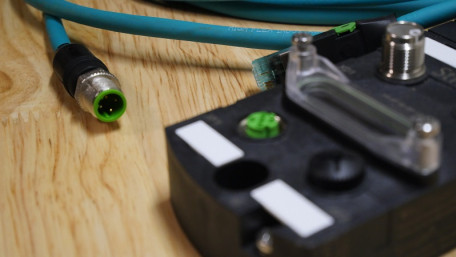
Ethernet switches can use four different types of connections: RJ45, fiber, M12, and SFP. Understanding the difference…
Ethernet switches can use four different types of connections: RJ45, fiber, M12, and SFP. Understanding the difference can help with network troubleshooting, design, or alteration.
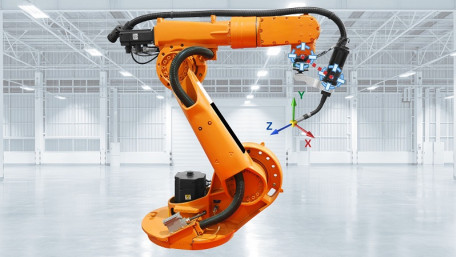
In the field of robotics, designing proper end-of-arm tooling (EoAT) is a crucial step. This article includes critical…
In the field of robotics, designing proper end-of-arm tooling (EoAT) is a crucial step. This article includes critical material and inertia factors to consider when designing EoAT for 6-axis robots.
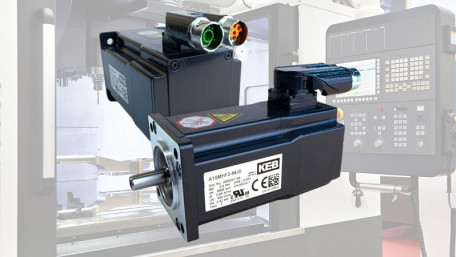
Learn how to control servo motors from a PLC using Allen-Bradley servos and Rockwell Automation’s Studio 5000 using a…
Learn how to control servo motors from a PLC using Allen-Bradley servos and Rockwell Automation’s Studio 5000 using a simple-to-understand method.
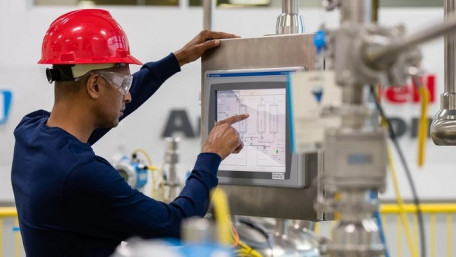
Creating custom alarm systems can be complicated and overwhelming, but they can also be very beneficial for equipment…
Creating custom alarm systems can be complicated and overwhelming, but they can also be very beneficial for equipment builders and integrators. Follow along as we build a custom alarm handling system.
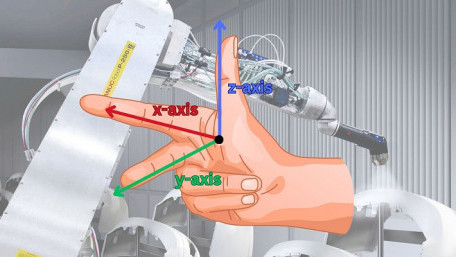
In this article, we'll explore user frames in the context of a 6-axis industrial or collaborative robot. Learn the…
In this article, we'll explore user frames in the context of a 6-axis industrial or collaborative robot. Learn the definition, practical applications, and advantages that user frames have to offer.
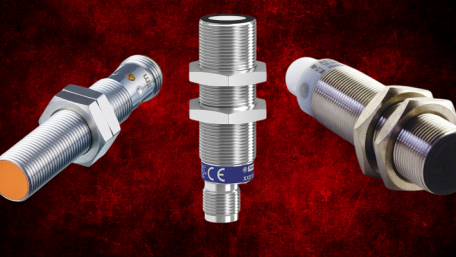
Installing sensors into a manufacturing process is intended to collect data, useful in making logical true/false…
Installing sensors into a manufacturing process is intended to collect data, useful in making logical true/false decisions. But what settings must be adjusted when you install these sensors?
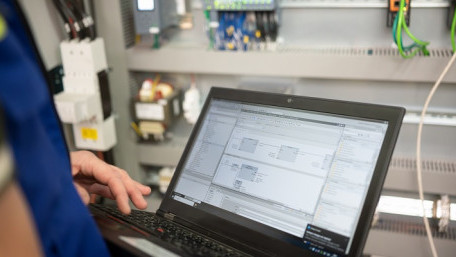
Version control software allows manufacturers to automatically save code revisions across teams. Learn how Automation NTH…
Version control software allows manufacturers to automatically save code revisions across teams. Learn how Automation NTH leveraged this strategy to save countless hours and increase reliability.
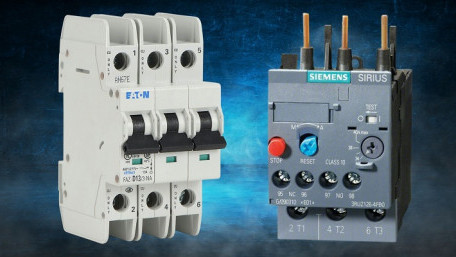
We know what a circuit breaker is meant to do: stop the flow of electricity in case of a fault or failure. But just like…
We know what a circuit breaker is meant to do: stop the flow of electricity in case of a fault or failure. But just like fuses, breakers and overloads respond differently depending on the load.
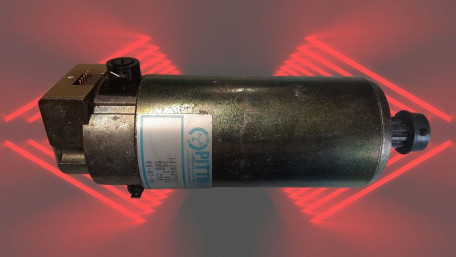
Servo motors are common in all kinds of motion control applications for various industries, but what are these devices,…
Servo motors are common in all kinds of motion control applications for various industries, but what are these devices, and what makes them different from standard AC or DC motors?
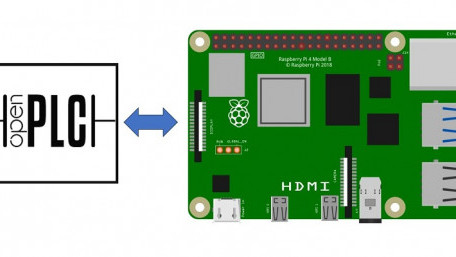
Using a Raspberry Pi and the OpenPLC software platform, create a simple PLC that can be programmed in ladder diagrams…
Using a Raspberry Pi and the OpenPLC software platform, create a simple PLC that can be programmed in ladder diagrams with remote access and I/O monitoring dashboards.
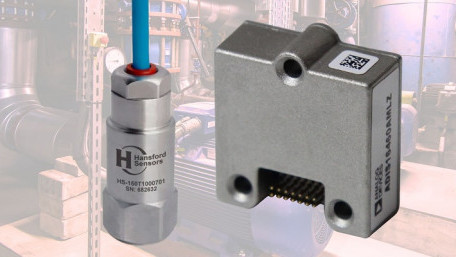
Many sensors, like prox, optical, and ultrasonic, are familiar to control engineers. More and more modern devices are…
Many sensors, like prox, optical, and ultrasonic, are familiar to control engineers. More and more modern devices are incorporating advanced motion profiles requiring motion sensing in many axes.
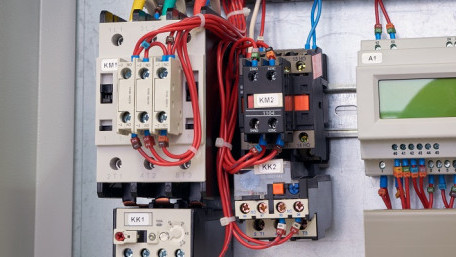
This article investigates the basic components and wiring conventions for common three-phase motor starter…
This article investigates the basic components and wiring conventions for common three-phase motor starter configurations, including direct online, reversing, and star-delta.
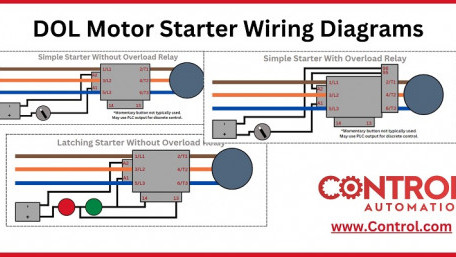
Complete wiring guide for 3-phase motor starters with and without overload (OL) relays.
Complete wiring guide for 3-phase motor starters with and without overload (OL) relays.
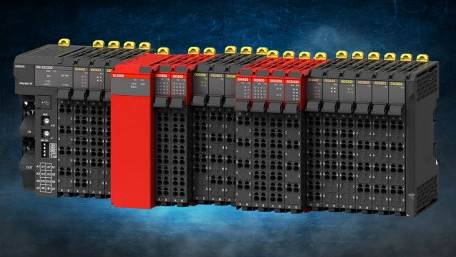
This article investigates the basic qualities that make up a safety PLC, what distinguishes a safety PLC from a standard…
This article investigates the basic qualities that make up a safety PLC, what distinguishes a safety PLC from a standard model, and the reasons for which a safety PLC may be critical.
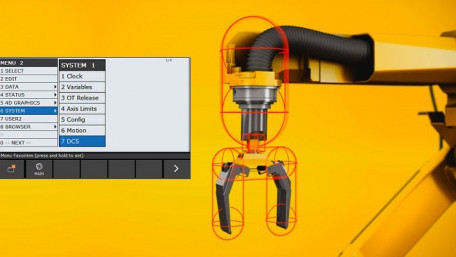
Learn about FANUC’s Dual Check Safety (DCS) system and the various methods, how to configure the DCS parameters, and…
Learn about FANUC’s Dual Check Safety (DCS) system and the various methods, how to configure the DCS parameters, and how to avoid and resolve issues associated with DCS positional alarms.
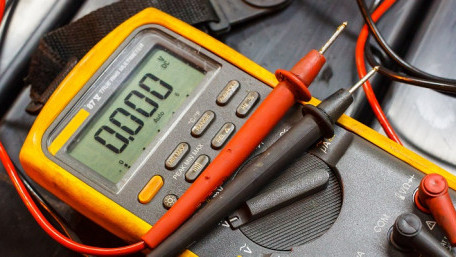
Electrical and mechanical measurements are often labeled with "RMS" and "True RMS." Aside from the simple math…
Electrical and mechanical measurements are often labeled with "RMS" and "True RMS." Aside from the simple math definitions we learned in electronics class, why is this distinction actually important?
